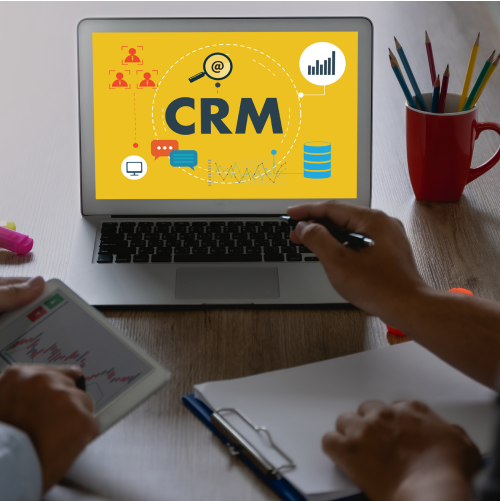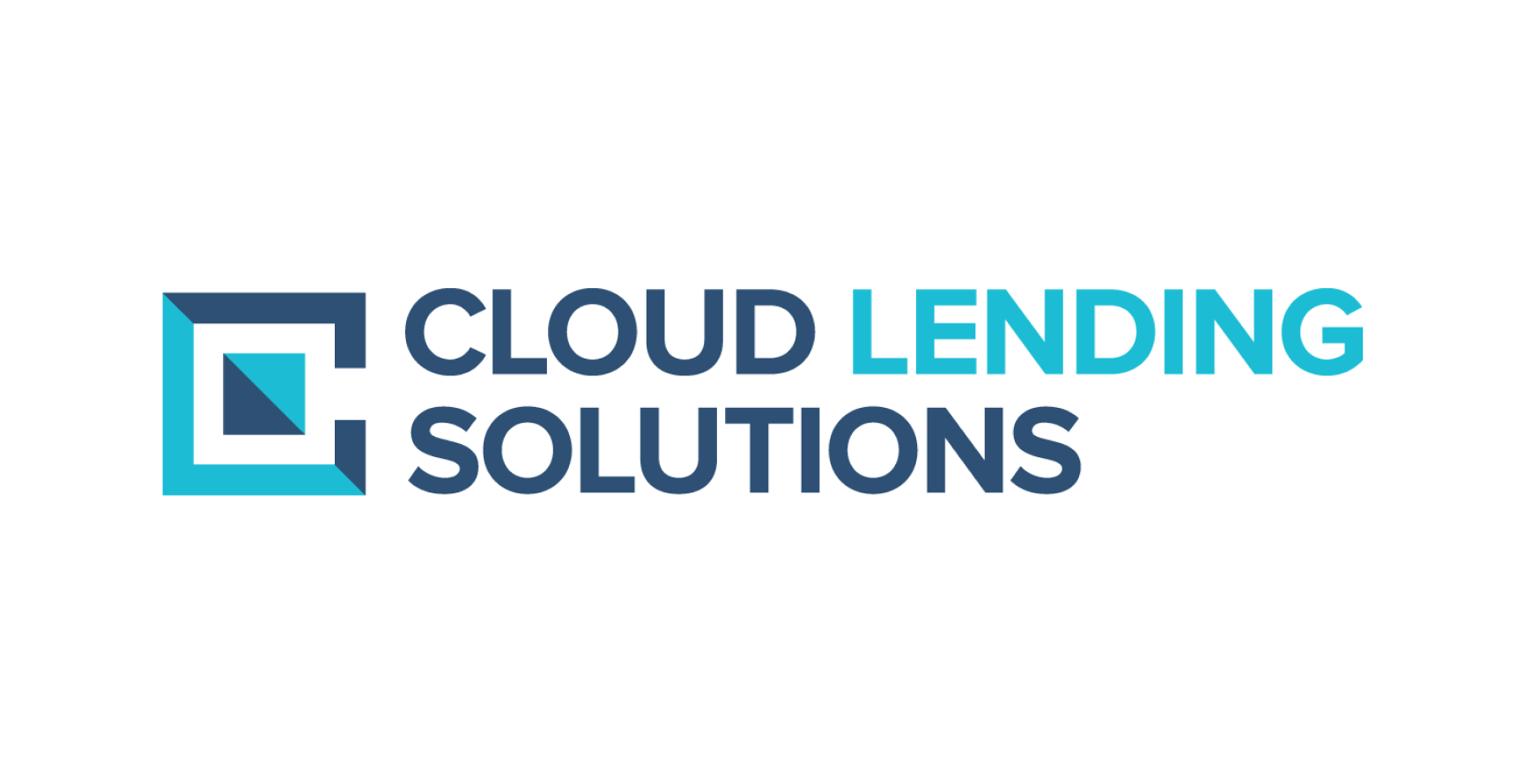Marketing Technology, zBlog
CRM Testing: 2024 Essential Guide
atif | Updated: February 6, 2024
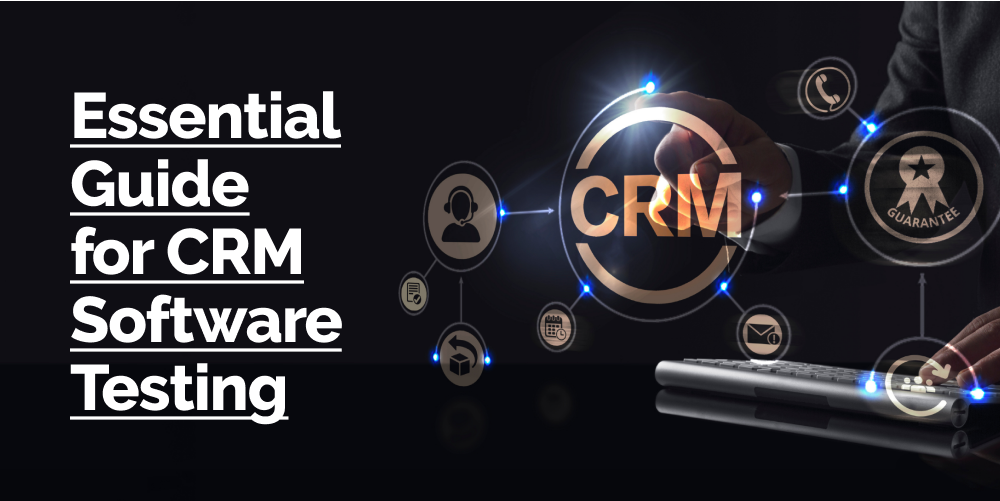
Introduction
Customer relationship management (CRM) platforms form the central nervous system powering modern businesses. CRM systems manage vital workflows – from marketing and sales to customer service and revenue growth opportunities. Faulty CRM software cripples an organization’s ability to acquire, support, and expand customer relationships. This drives the imperative need for rigorous CRM Software testing methodologies validating proper performance at every stage across the system lifecycle.
As a technology analyst with over 15 years of experience advising enterprises on digital transformation strategies, I distill the fundamentals of CRM software testing while spotlighting common pitfalls to avoid. Let’s explore best practices to ensure your CRM platform optimized sales velocity and customer experiences.
What is CRM Testing?
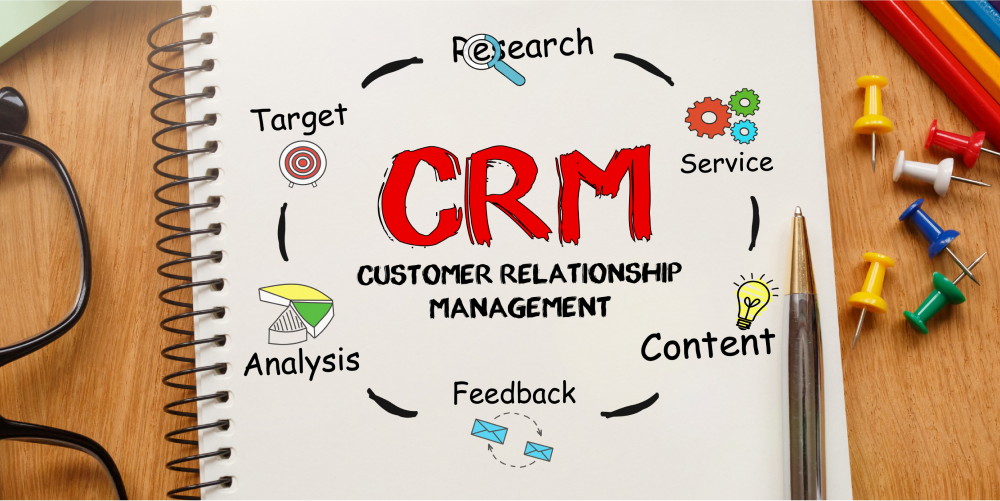
CRM testing comprises the validation processes supporting functional customer relationship management systems meeting business objectives. Testing confirms the CRM platform handles vital workflows flawlessly including contact and account management, opportunity tracking, forecasting, marketing campaigns, customer support, and overall system integration.
Testing Phases
Pre-implementation testing establishes performance baselines measuring CRM software capabilities under variable conditions against core requirements. This identifies necessary configuration changes and process gaps to address before full deployment.
Post-implementation testing verifies all customized components including workflows, reporting, integrations, and bolt-on functions per specifications during real user testing. As users surface issues missed during initial internal testing, defects get logged and retested.
Why Rigorously Test Your CRM Platform?
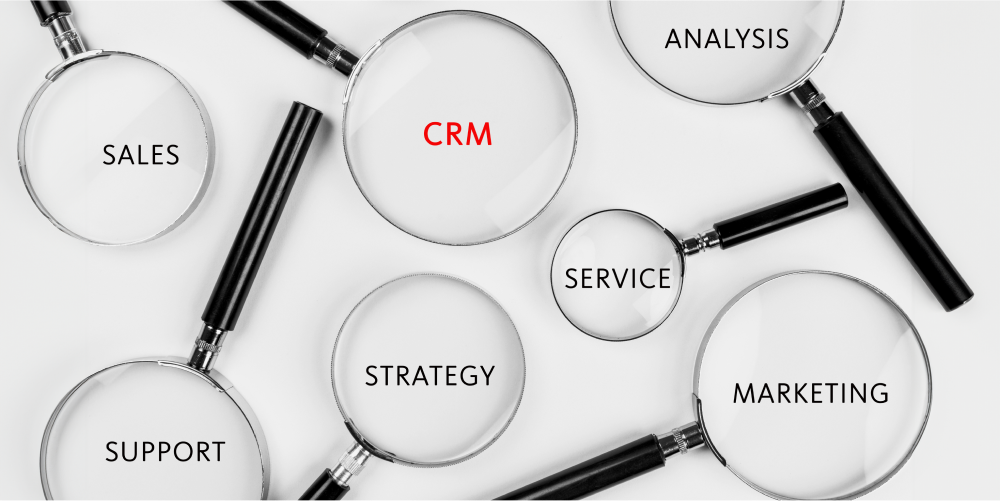
While CRM testing necessitates upfront and ongoing resource allocation, the consequences of poor testing multiply over time through:
- Lost Sales Velocity
CRM defects obstructing sales team productivity means lowered win rates, deal sizes, and pipeline growth. Consider testing business-critical workflows like account assignments, opportunity status changes, and proposal approvals. - Degraded Customer Experiences
Bugs irritating customers during support ticket submission or inaccurate cross-channel history and preferences diminish satisfaction. Judicious testing ensures enhanced customer experience. - Declining Marketing ROI
Campaign management module defects causing incorrect segmentation and targeting reduce conversions undermining marketing ROI. - System Integrity Failures
Interlinked CRM components like payment processing interfaces, ERP integrations, and sales operation bolt-ons multiply instability if not tested robustly both individually and collectively. - Non-Compliance Risks
Heavily regulated industries like banking and insurance cannot afford data flaws caused by insufficient testing exposing security and compliance violations. - Lost Productivity
Fixing preventable CRM defects drains IT resources better allocated enhancing value-driving features if exhaustive testing occurred earlier.
So how should enterprises implement a watertight methodology preventing business disruption caused by CRM testing oversights?
Hallmarks of an Effective CRM Testing Protocol
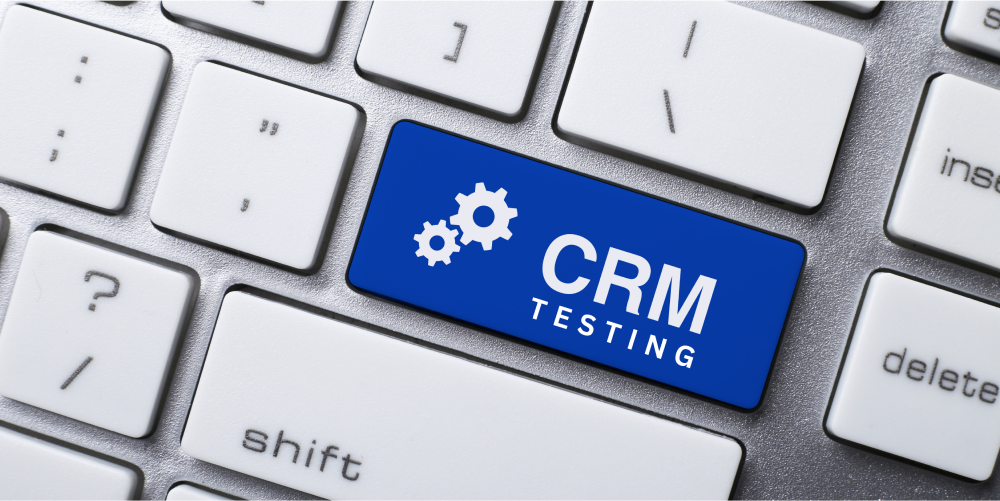
- Document Requirements
Inputs encapsulate desired CRM functionality covering business-critical workflows. Shared understanding between stakeholders of how the optimized system should perform sets the testing guardrails. - Simulate Infrastructure Environments
Testing on staging environments matching real production infrastructure provides reliability insights impossible on demo versions. Workload stress testing on clones of production-catching edge cases proves invaluable. - Model Key Usage Scenarios through Test Cases
Script run-throughs on essential user journeys like service ticket creation, campaign flow orchestration, proposal generation, and pipeline reviews harden CRM robustness. - Automate Regression Testing
Automated tools continuously retesting previous builds after developers check updated code saves resources. This allows dynamic calibration balancing new capabilities with existing parameters as modifications occur. - Monitor Post-Launch Performance
Continuous monitoring providing operational awareness after deployment enables response coordination. This allows the identification of scenario failures recurring in production not caught earlier needing re-examination.
By following these CRM testing leading practices complemented with manual testing of edge scenarios, teams mitigate disruption threats and strengthen business velocity.
Fintech Company CRM Case Study
A leading fintech company launches an enterprise-wide Salesforce CRM implementation to align sales and marketing around common metrics and data-driven decision-making. During testing, multiple defects surface failing to trigger specific customer service alerts when accounts meet defined criteria. Because testing timelines slip, several known but ultimately unresolved low-priority defect items get tabled as workarounds get documented allowing launch.
Post-deployment, customers who meet complex segmentation rules for eligibility to high-value products fail to receive timely notifications of qualification for preferential offers. This allows competitors to first access these important customers with lead offers. The fintech company leaks millions in potential deals representing a multi-year setback in enterprise CRM goals.
By enforcing exhaustive regression testing standards complemented by disciplined monitoring controls post-adoption, enterprises like this fintech company ensure CRM performance propelling customer-centric strategic priorities.
World-Class CRM Testing Support
As digital transformation specialists, the Trantor team brings decades of expertise in implementing and testing Fortune 500 CRM environments. Our certified consultants identify failure points before customers experience them, leveraging quality assurance automation tools to expedite coverage. By embedding frictionless monitoring, we help clients maximize marketing and sales velocity through futureproofed CRM platforms optimized for industry disruption.
Elevate your CRM performance with Trantor’s unrivaled expertise in CRM testing and Martech solutions. As a digital transformation powerhouse, Trantor ensures your CRM platform meets and exceeds industry standards, propelling your customer-centric strategic priorities to new heights.

